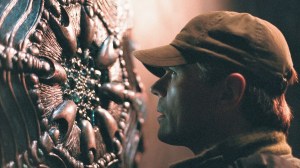Geralt of Rivia is considered by many The Witcher fans to be one of the greatest fantasy protagonists of all time, shining through the genre with his incredibly well-developed personality and subverting many genre tropes. Though he won’t be starring in The Witcher 4, his fatherly influence can already be felt on returning character and new protagonist Cirilla, and he remains forever in the hearts and minds of the multimedia franchise’s fans. Despite their love for the character, however, these very same fans may be surprised to know that even they don’t know everything about Geralt of Rivia.
Videos by ComicBook.com
Originally beginning as a series of short stories written by author Andrzej Sapkowski, The Witcher has become an enormous franchise encompassing a Netflix live-action show, several animated adaptations, and a collection of video games. Many Witcher fans have entered through different paths on this multimedia highway, with each collective retelling of Geralt’s story tweaking, completely changing, or outright withholding information about the characters, making it hard for many fans to say they truly know the franchise’s many incredible characters.
For the true Geralt fans out there, here are 10 things even die-hard Witcher fans probably didn’t know about the Butcher of Blaviken. Beware that this list contains some slight spoilers for the Witcher book series, where most of this information is gathered.
1) Geralt chose the name “of Rivia” because he thought it sounded cool
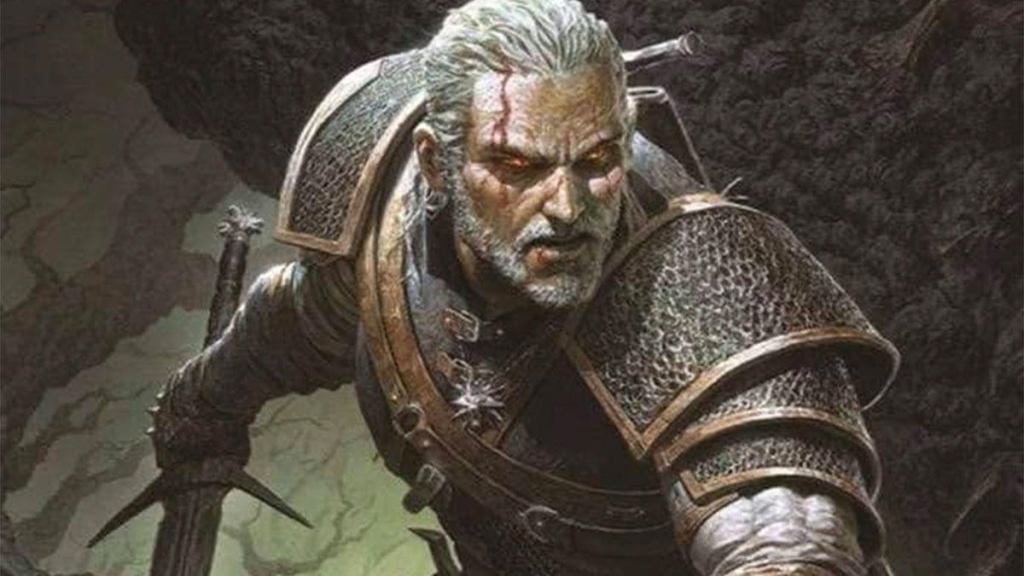
Many Witcher fans are aware of the fact that Geralt doesn’t actually hail from Rivia. However, they might not be aware that Geralt chose the name at random and kept it because he thought it sounded cool.
In the novel Baptism of Fire, Geralt reveals that his full name, “Geralt of Rivia,” is actually a fake, with his master Vesemir encouraging his Witcher students to adopt a surname to make them more easily approachable by clients. Geralt’s original pitch was “Geralt Roger Eric du Haute-Bellegarde,” but at Vesemir’s insistence, he drew straws for the name “of Rivia” instead.
Ironically, he later ends up fighting side-by-side with Meve, Queen of Lyria and Rivia, after which he was knighted. Though he breaks his oath not too long after, for a brief time, he did officially become Geralt of Rivia.
2) Geralt’s father was (probably) a legendary warrior
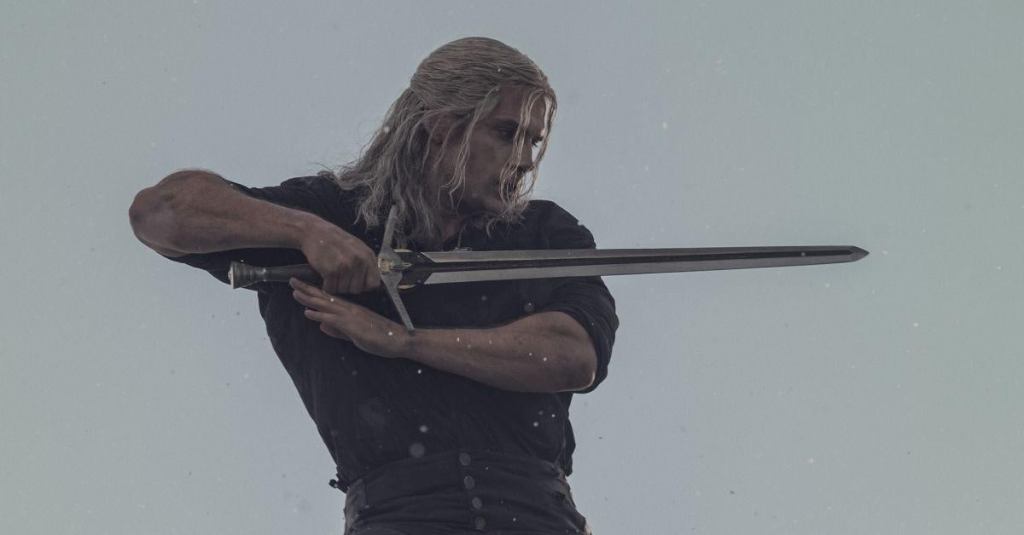
Thanks to the Witcher TV series, many fans who haven’t read the books now know about Visenna, the legendary sorceress and Geralt’s mother. What they don’t know, however, is that Geralt’s father was probably also a legendary warrior.
It’s never outright confirmed in any piece of Witcher media, but a short story about Visenna titled The Road With No Return makes mention of the warrior Korin and his relationship to Geralt’s mother. It is highly speculated by fans that Korin is Geralt’s father, thanks to his presence in Visenna’s short story as well as some mentions by Geralt throughout the series that he must have “inherited his ability to fight from his father.”
3) The “Witcher’s Code” doesn’t actually exist
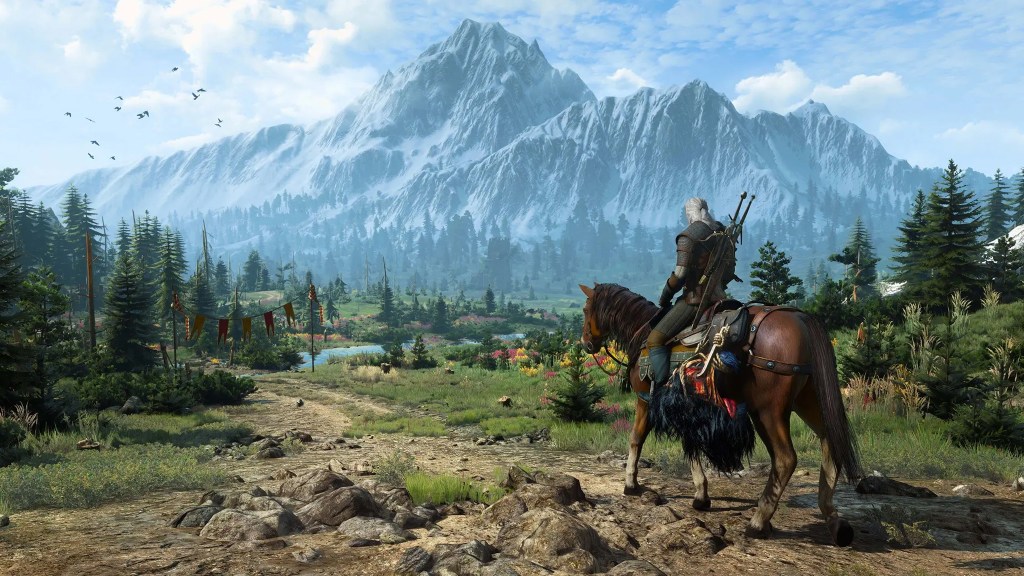
Throughout the series, Geralt will often cite the Witcher’s code or “Witcher’s Codex” as a reason why he can’t do something. While many fans have interpreted this as a strict set of guidelines Geralt lives his life by, he actually openly states in the books that it’s all made up.
While there is a brief set of rules Vesemir taught to his Witcher apprentices, they mostly involve how to conduct yourself in public so as not to cause a scene. Instead, the so-called “codex” that Geralt often mentions in conversation is a convenient excuse for when he doesn’t want to do something or must insist on something else. While the actual code doesn’t exist, it’s Geralt’s way of insisting upon his own morals and personal code, in a way that seems much less confrontational than simply saying “I don’t want to do that.”
4) The meaning of the runes on Geralt’s silver sword
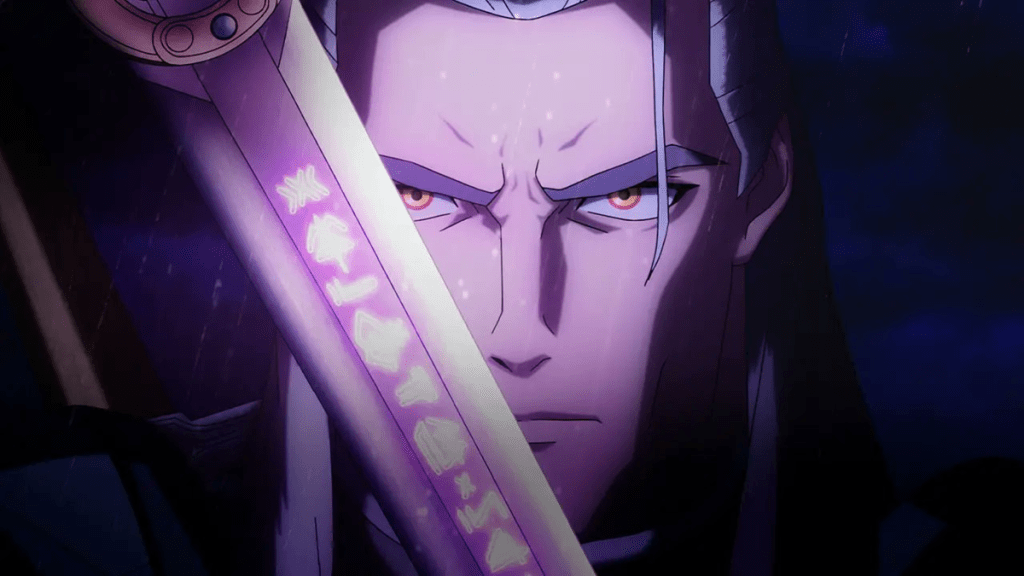
Geralt’s weapons are famous for the beautiful, glowing runes engraved on the blade in both the video games and books, though many don’t know what the runes themselves actually mean.
One fan was able to take a closer look at Geralt’s silver sword in The Witcher 3: Wild Hunt, and was able to make out that the runes on the sword actually said “Dubhenn haern am glandeal, morc’h am fhean aiensin,” which means “My shimmer shall pierce the night, my light shall scatter the darkness.” It’s written in “Elder Speech,” which is actually a Slavic alphabet called Glagolitic.
In the books, the runes are described by Geralt as a sort of anti-theft device, when he mentions that anyone who holds the sword who isn’t a Witcher will feel their vitality being sapped.
5) Yennefer pays Geralt’s debts and subsidizes his Witcher contracts

If you’ve ever played The Witcher 3: Wild Hunt, you know just how hard negotiating for fair pay in a Witcher contract can be. Geralt’s line of work is incredibly dangerous and is often done for clients who have a hard time paying Geralt a fair rate. Yet, somehow, he always manages to walk away from a job with a bit of coin.
It’s revealed in the novel Time of Contempt that this is because Yennefer, out of pure affection for Geralt, has been using her bank contacts to pay for Geralt’s work and clear his many debts. Oftentimes, this even leads to Geralt receiving a little more money than the contract was worth, as a sort of gift from Yennefer.
This basically means that Yennefer is funding Geralt’s monster-hunting “hobby,” and essentially makes Geralt the world’s most rugged and dangerous sugar baby.
6) Geralt has a bad knee

Also from the novel Time of Contempt, Geralt found himself facing off against Vilgefortz, a powerful sorcerer and ex-mercenary, in a duel. Though Geralt knew it was going to be a tough fight, he had no idea of just how badly his opponent would crush him in the 1v1.
Despite his Witcher genetics and enhanced healing, the battle with Vilgefortz left Geralt with a permanent injury, a weak knee that some future opponents were able to identify in Geralt’s fights. It serves as a permanent weakness for Geralt and a reminder that he wasn’t able to defeat Vilgefortz on his own.
7) Geralt took some classes at Oxenfurt Academy
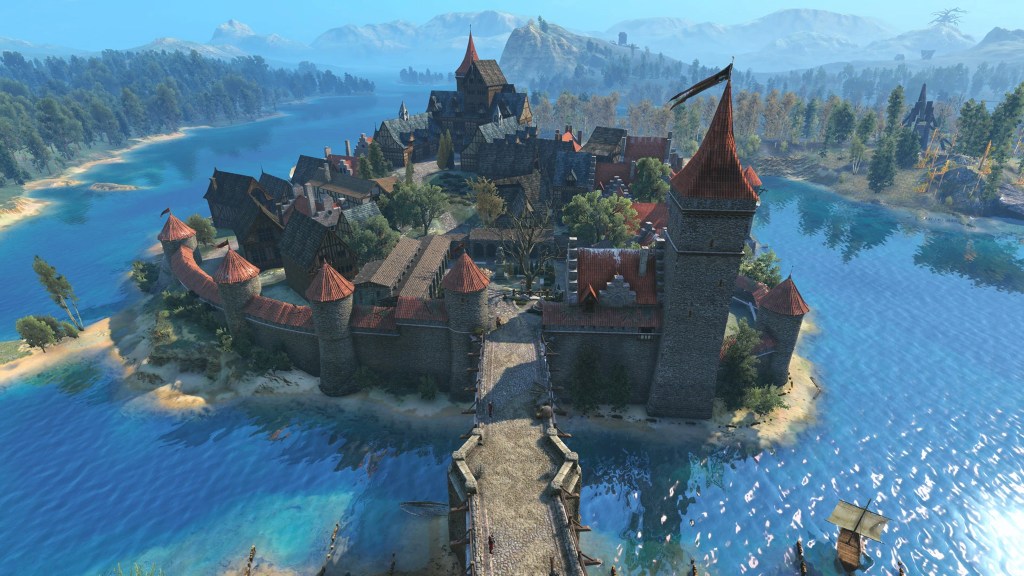
Though he was never an enrolled student at this famous The Witcher 3: Wild Hunt location, Geralt of Rivia did attend a few free lectures at the school, including one on astronomy, officially making our favorite Witcher a college.. uh.. attendee.
Fans of the series may also be surprised to learn that Dandelion (or Jeskier), Geralt’s bard sidekick, also attended Oxengurt Academy as a student, and in fact graduated summa cum laude and went on to host a few lectures at the academy himself.
8) Geralt hates having a beard
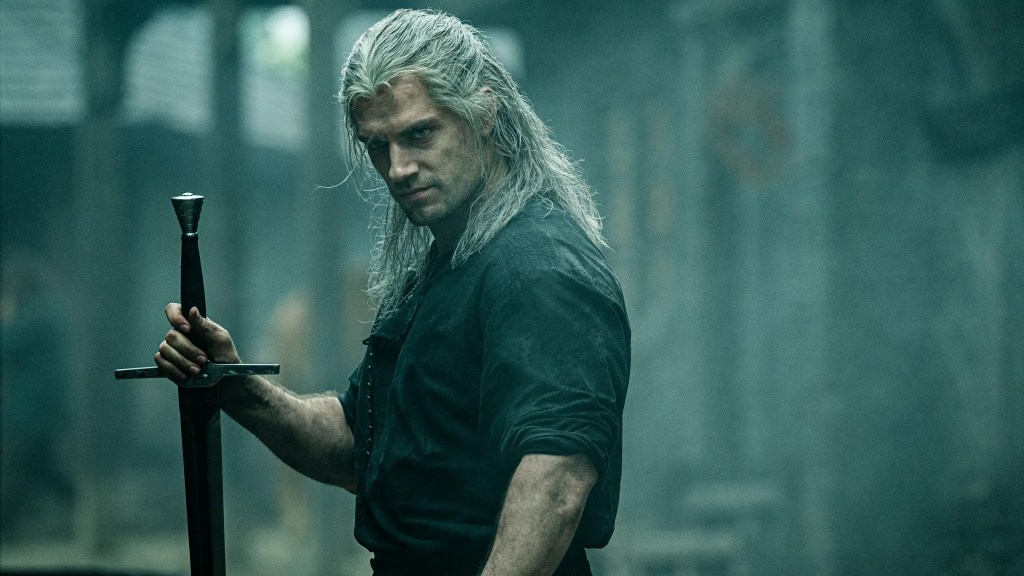
RELATED: The Witcher Season 5 Reportedly Adding Game of Thrones Actress, Will Feature Skellige
Though this may come as a shock to fans of The Witcher 3: Wild Hunt, Geralt of Rivia in the books actually openly states his dislike of having a beard, calling facial hair “itchy” and “annoying.”
This, however, should be no surprise to fans of the Netflix adaptation, as the show has made a point to correctly adapt from the books Geralt’s preference to remain clean-shaven. That being said, it’s hard to argue that the beard doesn’t suit him, giving the Witcher a really cool rugged look that helps show his age.
9) Geralt has sung to a Mermaid
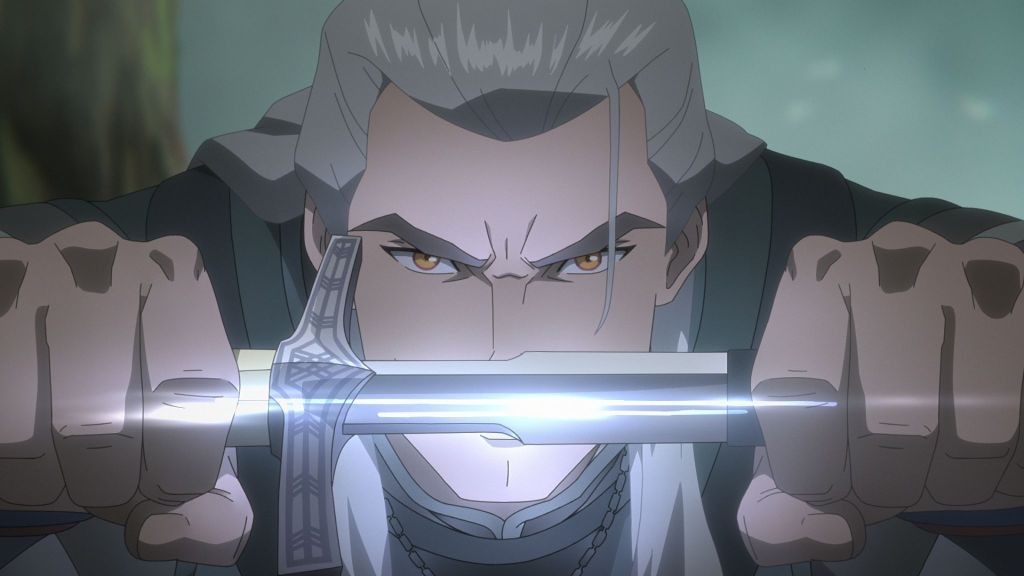
Geralt’s many adventures and contracts has led to him encountering all kinds of strange people, monsters, and situations. If there is one thing you can say about the Witcher book series, it’s that you never know where a story might go, or how Geralt might choose to solve a particular problem.
One such contract, as portrayed in the short story A Little Sacrifice, sees Geralt communicating with a friendly mermaid by singing. I highly recommend listening to the audiobook of Sword of Destiny, where narrator Peter Kenny hilariously captures this moment.
10) Geralt has a “hideous” smile
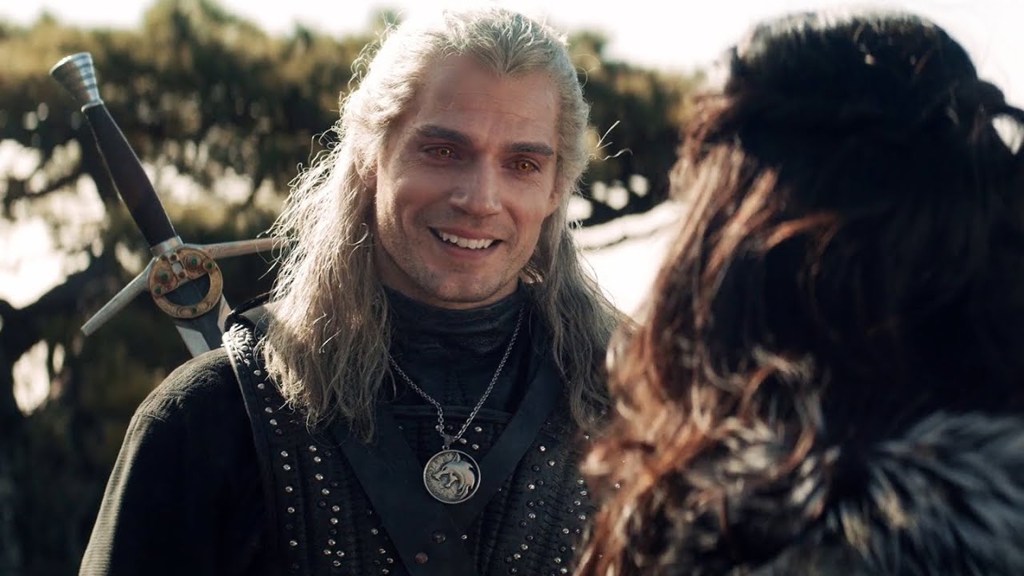
Geralt of Rivia, throughout the books, is often described as not the best-looking fellow. However, the only part of him that is truly described as “hideous” would be the poor Witcher’s smile.
Though it’s unintentional, Geralt simply has a smile only a mother could love, if that. In the books, this so-called hideous grin is described as making people double-take at the sight of it. Actor Henry Cavill perfectly captures this disgusting grin during his time as Geralt on the Netflix live-action series.
Geralt of Rivia may not be stepping into the spotlight in The Witcher 4, but his legacy remains woven into every corner of the franchise. Geralt is a character whose depth continues to captivate fans across books, games, and screen adaptations, cementing him as truly timeless fiction. These lesser-known facts reveal not only the man behind the swords but also the layers of humor, vulnerability, and humanity that make him one of fantasy’s most enduring protagonists, ensuring that the Butcher of Blaviken will never truly fade from the hearts of those who follow his story.






